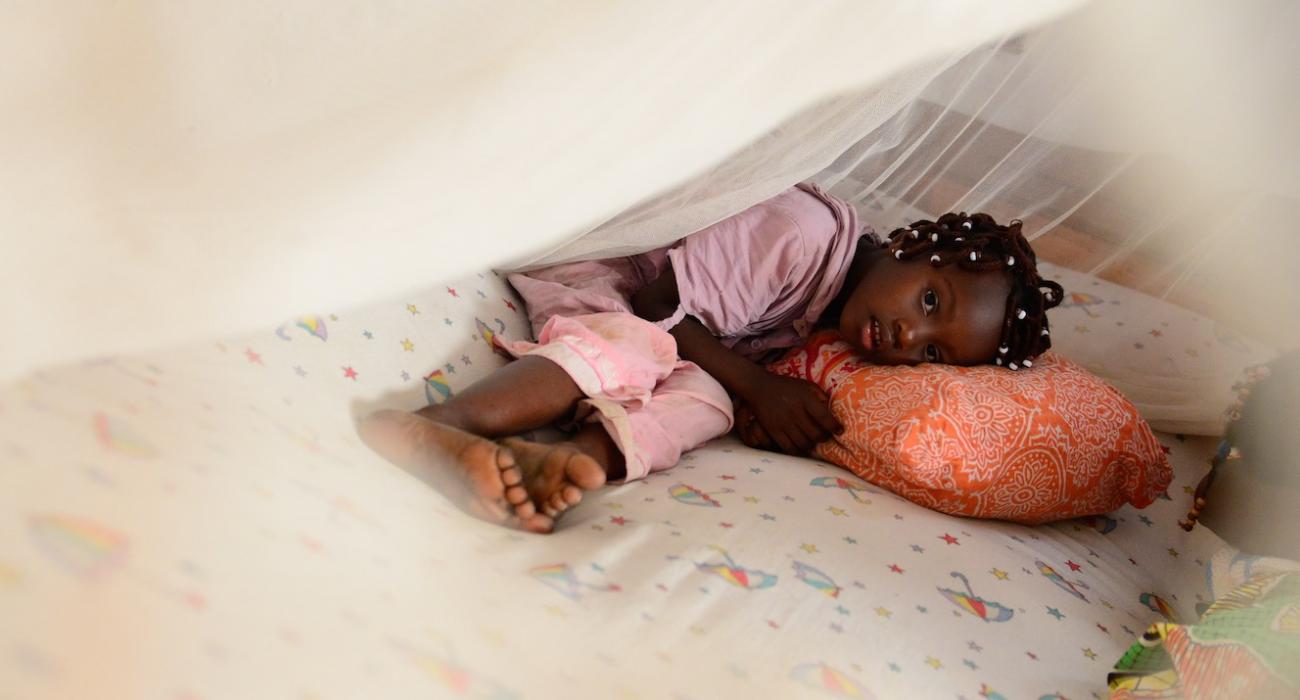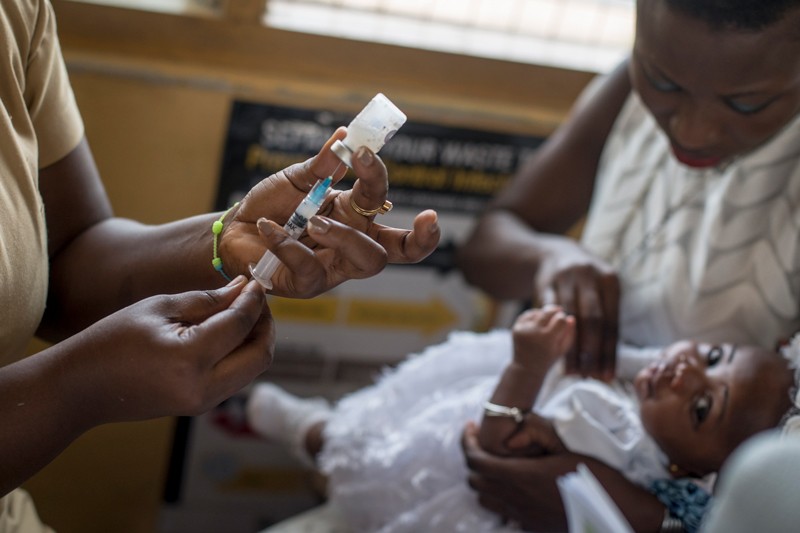Fighting Malaria
"Like many who work in public health, especially in sub-Saharan Africa, I have been waiting my whole career for a malaria vaccine. And even longer than that; I suffered from severe malaria when I was ten.""Inspired by my own experience with malaria and the disparities I have seen in treatment, I founded a non-profit, Speak Up Africa, ten years ago to champion solutions developed in Africa to address public health challenges facing the continent.""Malaria is at the top of the list, as it has arguably the greatest impact on African nations' economic and social development."Yacine Djibo, founder, executive director, Speak Up Africa, Dakar, Senegal
 |
| WHO Africa |
The first vaccine meant as a complementary tool for use in children living in at-risk geographies has been endorsed by the World Health Organization. Hailed as "historic", by the WHO and health experts globally, this is a milestone in the fight against global malaria. While wealthy nations have eliminated the threat of malaria, it is a disease that succeeds in killing some 400,000 people annually, most of those deaths taking place in Africa, targeting African children.
While the new vaccine, Mosquirix, has a relatively low efficacy rate in prevention of roughly 30 percent of severe malaria cases, it does not present as a miracle solution to the dread disease. On the other hand, some relief is better than none, and future prospects of newer, more effective malaria vaccines are likelier to surface now that the first of the vaccines has seen the light of day rating WHO approval.
Teams of local health workers are now required in increased numbers to enable swift response to cases, increasing access and administration of the new tool. The new vaccine fills in a needed gap, however imperfectly. Proof of concept has been revealed by the creation of the new vaccine which introduces the ushering in of a next generation of potentially more efficacious malaria vaccines that will be more effective through the use of technologies such as mRNA, used for the leading COVID-19 vaccines.
 |
Malaria is spread by mosquitoes Bruce MacQueen/Alamy |
The entire array of measures to combat malaria must be in play alongside the new malaria vaccine, boosting its effectiveness with complementary measures such as mosquito nets, antimalarial drugs, and indoor spraying of houses. Access to epidemiological data to comprehend where it is that populations are most at risk for infections, where insecticide and drug resistance occur and which tools are most effective in local communities is another weapon against malaria.
Investment in additional malaria vaccines already being worked on in laboratories around the world is certain to be spurred by this initial vaccine now being rolled out as an additional therapeutic resistance against malarial spread. Tools such as genomic surveillance to ensure that medical communities stay on top of growing drug and insecticide resistance, is yet another critical measure in the goal of better control of the malarial Plasmodium parasite.
 |
The COVID-19 vaccine producer BioNTech is considering Senegal as a potential manufacturing hub for future mRNA vaccines, not only against COVID-19, but for malaria and tuberculosis as well. These are the continent's worse killers, alongside H.I.V./AIDs. Malaria is a life-threatening disease caused by
parasites that are transmitted to people through the bites of infected
female Anopheles mosquitoes. It is preventable and curable.
- In 2019, there were an estimated 229 million cases of malaria worldwide.
- The estimated number of malaria deaths stood at 409 000 in 2019.
- Children aged under 5 years are the most vulnerable group affected by malaria; in 2019, they accounted for 67% (274 000) of all malaria deaths worldwide.
- The WHO African Region carries a disproportionately high share of the global malaria burden. In 2019, the region was home to 94% of malaria cases and deaths.
- Total funding for malaria control and elimination reached an estimated US$ 3 billion in 2019. Contributions from governments of endemic countries amounted to US$ 900 million, representing 31% of total funding. World Health Organization
 |
| McGill Office for Science and Society |
Labels: Africa, Children's Lives, Health Science, Malaria Vaccine, Research, WHO

0 Comments:
Post a Comment
<< Home